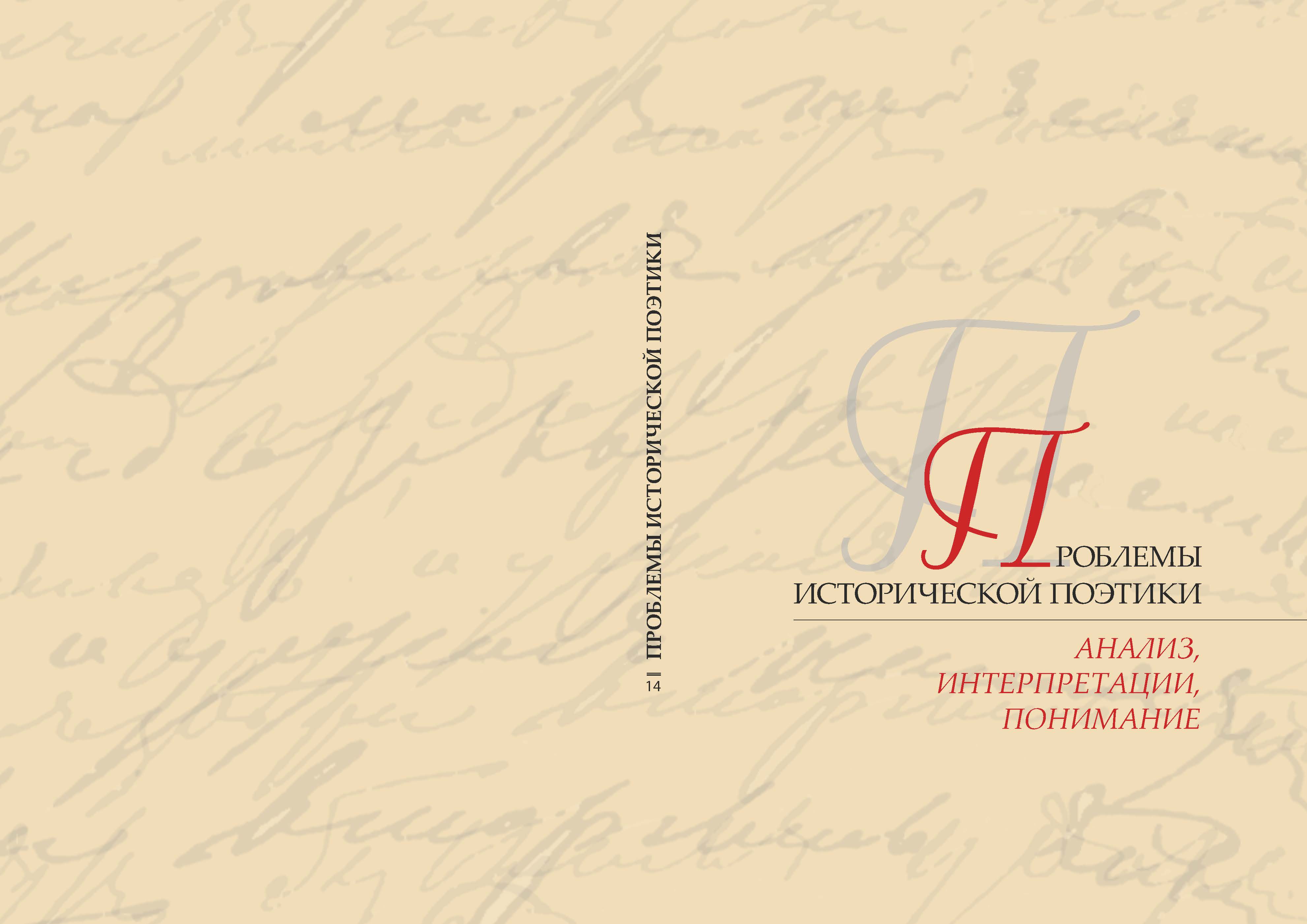РОССИЯ И ЕВРОПА В ПОЛЕМИКЕ АВТОРОВ «МОСКОВСКОГО НАБЛЮДАТЕЛЯ»
RUSSIA AND EUROPE AS A SUBJECT OF THE DISPUTE BETWEEN THE AUTHORS OF "MOSCOW OBSERVER"
Author(s): Yuliya N. SytinaSubject(s): Language and Literature Studies, Literary Texts, Studies of Literature, Philology
Published by: Петрозаводский государственный университет
Keywords: cultural opposition; myth; dispute, “Moscow Observer”; Slavophiles; Westerners; philosophy of history
Summary/Abstract: Gogol’s poetical world is traced back to the folk culture. Only thorough research of the traditions of Russian and Ukrainian folklore (Slavic folklore, as a whole) and their interaction with literary culture enables us to get to the heart of the poetical world of this “genius exponent of Russian people’s consciousness” (Mikhail Bakhtin). However, Gogol not only drew information from folklore, but his works themselves became an integral part of the folk culture. In this regard, his versified prayer “To Thee, o Most Holy Mother”, wide-spread in the manuscript copies as “Gogol’s prayer”, which is perhaps his most famous work in Slavic (and not only) countries, has the most astonishing destiny. The article covers the story of publishing Gogol’s prayer. Until now, the only source of all its known publications is hieromonk Isidor (Kozin-Gruzinsky), a spiritual teacher of the Gethsemane Skete of the Trinity Lavra of St. Sergius. It is known that one of his brothers was the Tolstoys’ valet and witnessed Gogol’s death. In a certain sense, his final “Prayerful Chant to the Blessed Virgin Marie the Theotokos” became the author’s fulfillment of his duty, upon which he had written in the letter to Vasily Zhukovsky (on July 15, 1848): “To Die singing is a poet’s imperative duty, just as a warrior’s duty to die armed”.
Journal: Проблемы исторической поэтики
- Issue Year: 14/2016
- Issue No: 1
- Page Range: 172-184
- Page Count: 12
- Language: English, Russian

